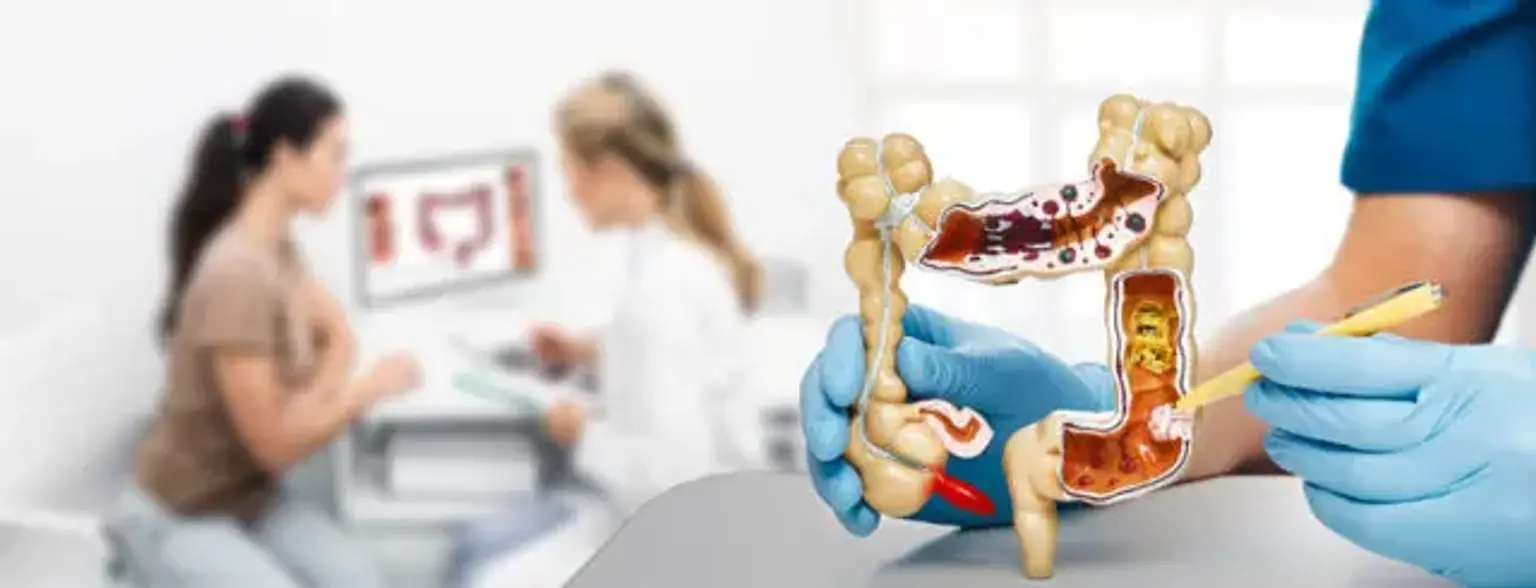Introduction
What Are Colon Infections?
Colon infections, also known as intestinal or bowel infections, occur when harmful pathogens such as bacteria, viruses, or parasites invade the colon. These infections can lead to a range of symptoms, from mild discomfort to severe, life-threatening conditions. Understanding colon infections, their symptoms, and their treatments is vital for maintaining digestive health and preventing complications.
Why Colon Health Matters
The colon, or large intestine, plays a critical role in digestion, water absorption, and the elimination of waste. A healthy colon ensures the efficient functioning of the digestive system. However, neglecting colon health can lead to infections and other diseases that compromise overall well-being. Maintaining good colon health through proper diet, hygiene, and awareness of early symptoms is key to avoiding serious complications.
Understanding Common Colon Infections
Types of Colon Infections
Colon infections can be classified into three primary types based on their cause:
Bacterial Infections: Commonly caused by pathogens like Escherichia coli (E. coli), Salmonella, or Clostridioides difficile (C. difficile), bacterial infections can result in severe diarrhea and abdominal pain.
Viral Infections: Viruses such as norovirus and rotavirus can infect the colon, often leading to outbreaks of gastroenteritis.
Parasitic Infections: Parasites like Giardia lamblia and Entamoeba histolytica invade the intestinal lining, causing symptoms like cramping and prolonged diarrhea.
